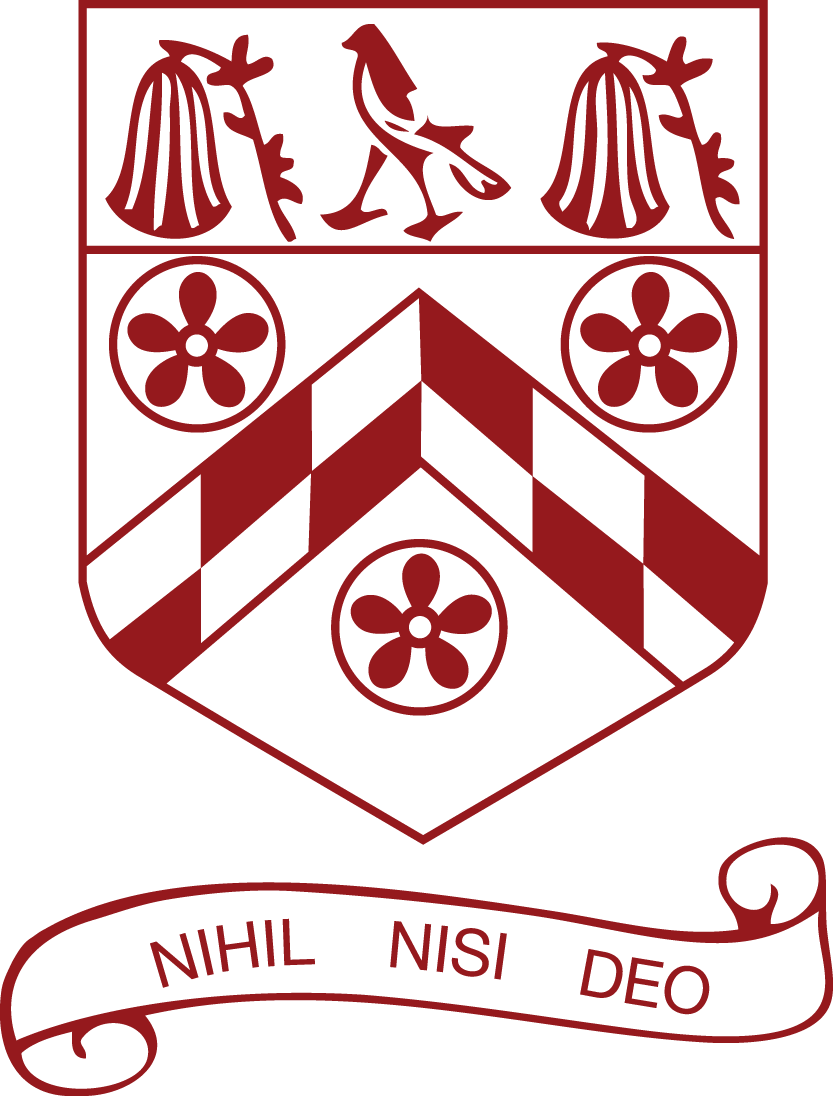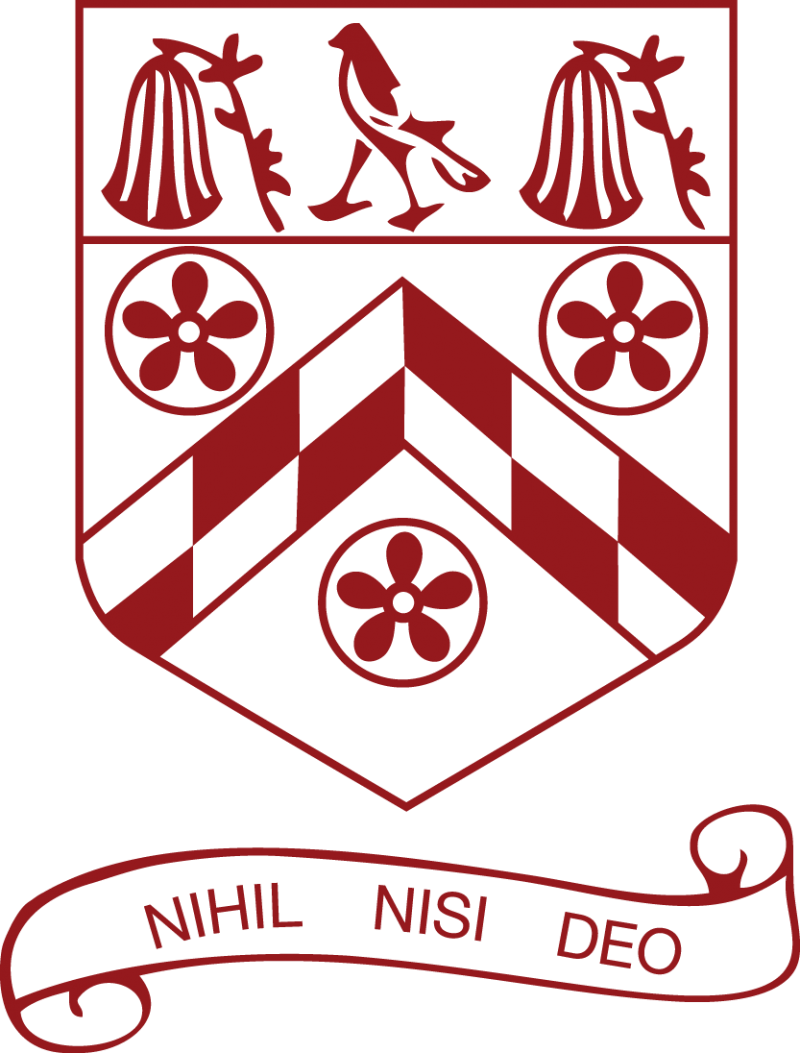Main School
Geography
"Geography is the subject which holds the key to our future" - Sir Michael Palin
We aim to develop our students’ understanding of various people and their culture around the world, developing our students into global citizens who respect their local and global environment. We instil ideals on sustainability and develop students’ moral responsibility to support those in the world less fortunate than ourselves, especially those suffering from natural disasters, poverty, famine, disease and war.
As a department, our intent is to ensure that our curriculum provides students with the effective opportunities to:
- enjoy a knowledge-rich curriculum and explore the best that has been said and done in the field of geography
- travel to locations which are relevant to our students both regionally, nationally and globally
- allow our students to capture and experience a "sense of place" through fieldwork
- provide opportunities for students to gain an understanding of the many natural processes of the earth
- provide our students with an array of transferable knowledge which will aid them in their further learning, employment or apprenticeships
The Geography curriculum is underpinned by the following key Geographical concepts and themes. These concepts/themes are revisited in each unit in order for students to connect prior learning with new:
- physical Geography
- population and Demographics
- global Conflicts
- place
- space
- scale
- interdependence
- physical and human processes
- environmental action and sustainable development
- cultural understanding and diversity
- geographical skills.
In Geography we aim to enthuse students in an appreciation of the world that they live in. We all live on "the same Earth" no matter what our race, religion, gender or political views are. Sharing an understanding of how other people live is vital to understanding the geography of the world. Our world was shaped originally by fantastic physical processes, but humans have had their impact as the population grew. Humans will continue to have an impact on their planet and students at Blessed Hugh Faringdon will learn how to do this in a sustainable way.
KS3 Objectives:
- develop contextual knowledge of the location of globally significant places – both terrestrial and marine – including their defining physical and human characteristics and how these provide a geographical context for understanding the actions of processes
- develop an understanding of the processes that give rise to key physical and human geographical features of the world, how these are interdependent and how they bring about spatial variation and change over time
- grasp and understand the geographical skills needed to: collect, analyse, and communicate with a range of data gathered through experiences of fieldwork that deepen their understanding of geographical processes
- interpret a range of sources of geographical information, including maps, diagrams, globes, aerial photographs and communicate geographical information in a variety of ways, including through maps, numerical and quantitative skills and writing at length.
The aim of our GCSE curriculum is to build upon the foundation of geographical knowledge developed through the KS3 curriculum to ensure success for all in the AQA Entry Level geography and their future lives.
KS4 Objectives:
- develop and extend students’ knowledge of locations, places, environments and processes, and of different scales including global; and of social, political and cultural contexts (know geographical material)
- gain understanding of the interactions between people and environments, change in places and processes over space and time, and the inter-relationship between geographical phenomena at different scales and in different contexts (think like a geographer)
- develop and extend their competence in a range of skills including those used in fieldwork, in using maps and GIS and in researching secondary evidence, including digital sources; and develop their competence in applying sound enquiry and investigative approaches to questions and hypotheses (study like a geographer)
- apply geographical knowledge, understanding, skills and approaches appropriately and creatively to real world contexts, including fieldwork, and to contemporary situations and issues; and develop well-evidenced arguments drawing on their geographical knowledge and understanding (applying geography).
Specification and Exam Board:
AQA Geography

